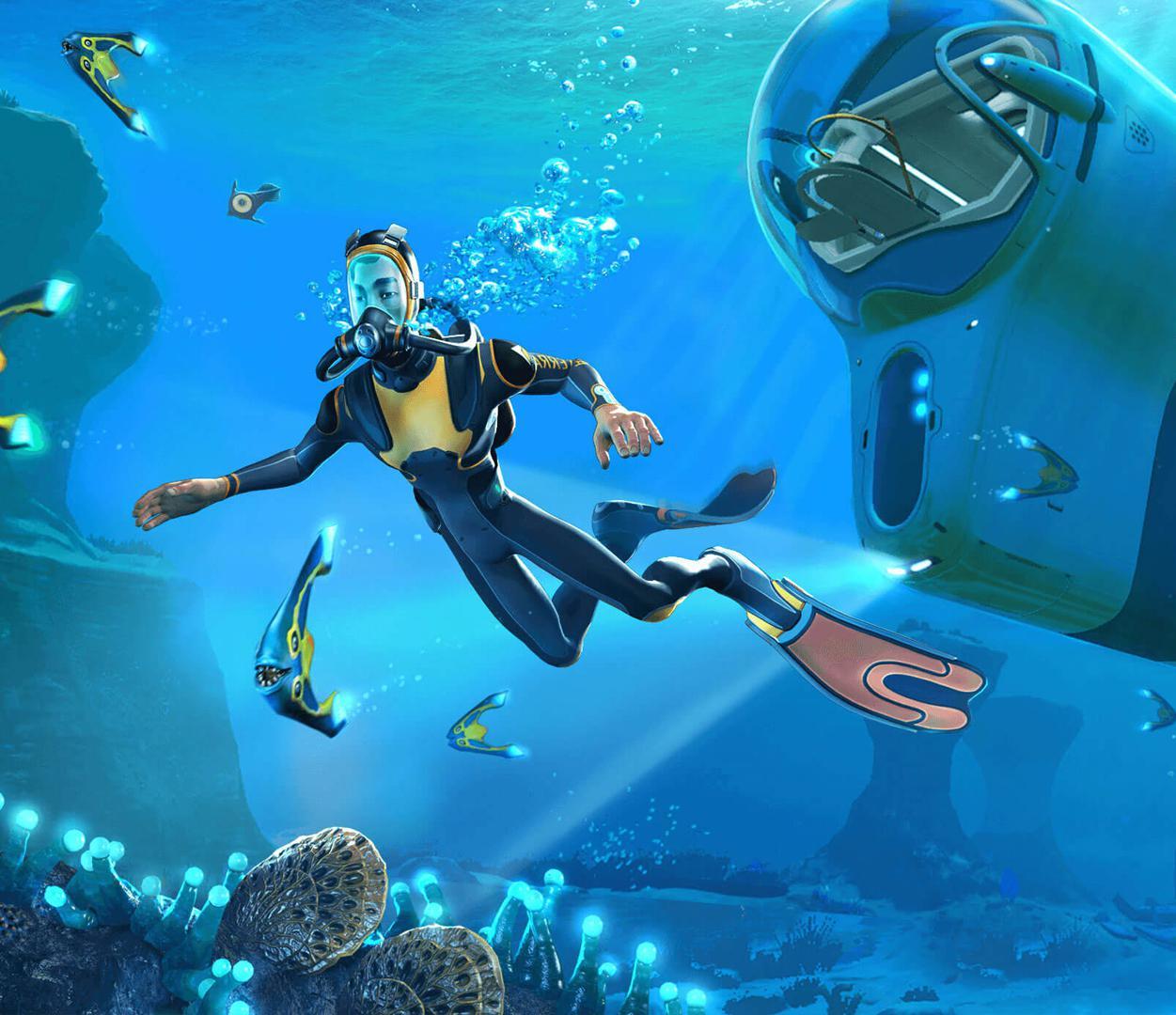Next Subnautica 2025: Separating Fact From Fiction on the Sequel
Last Updated: October 21, 2025

The deep, mysterious waters of planet 4546B have captivated millions, making the next chapter in the Subnautica saga one of the most anticipated titles in gaming. However, with intense anticipation comes a torrent of speculation, rumors, and misinformation. While old reports once painted a dramatic picture of legal battles and creative disputes, the reality of the next Subnautica's development is a story of ambitious design, technological leaps, and a developer doubling down on the formula that made the series a phenomenon.
Our mission is to set the record straight. We've dived deep into official statements, financial reports, and developer clarifications to bring you the authoritative, up-to-date guide on what’s really happening with the next Subnautica, slated for a full launch in 2025.
The "Live-Service" Controversy: A Misunderstanding Corrected
Much of the early anxiety surrounding the sequel stemmed from a Q3 2023 financial report from parent company Krafton. The report used industry jargon, including the term "Games-as-a-Service," which immediately sparked concern among the fanbase. Players feared the beloved single-player survival experience would be compromised by season passes, microtransactions, and a persistent online model.
Sensing the community's unease, developer Unknown Worlds swiftly and publicly clarified the situation. In a firm statement, the studio explained that the next Subnautica is not a live-service game. They emphasized that there will be "no season passes, no battle passes, and no subscription."
The studio clarified their model is to simply update the game over time, much like the original titles. The sequel is being developed with a clear focus on the single-player experience, though it will also introduce a highly requested feature: co-op play. This will be an optional way to experience the story with friends, not a mandatory online component. This clarification was a crucial moment, reassuring fans that the core identity of Subnautica remains the priority.
What We Know About the Next Subnautica
With the corporate-speak cleared up, the focus returns to the game itself. Unknown Worlds has confirmed several key details that point to a true evolution of the series.
- A New World, New Engine: The game will take players to an entirely new alien planet, promising unique biomes, creatures, and mysteries to uncover. Powering this new adventure is Unreal Engine 5, a significant technological upgrade that will allow for vastly improved visuals and more complex, detailed underwater environments.
- Early Access Is Coming: Following the successful development model of its predecessors, the next Subnautica will enter Early Access. While an exact 2024 date is still pending, this phase will allow the developers to gather crucial player feedback to refine gameplay, fix bugs, and build the game in collaboration with its community before the official 1.0 launch in 2025.
- A Standalone Story: This is not an expansion or DLC, but a full-fledged sequel. Players can expect a completely new narrative and survival challenges that build upon the lore of the Subnautica universe.
The Team is Intact and the Vision is Clear
Contrary to any past rumors of internal strife or forced departures, the original creative leadership at Unknown Worlds remains at the helm. Project Director Charlie Cleveland and his team are guiding the sequel's development, ensuring the game stays true to the spirit of exploration, wonder, and terror that defines the series.
The 2021 acquisition by Krafton has not led to a hostile takeover of the creative process. Instead, it appears to have provided the studio with greater resources and stability, allowing them to expand the scope and ambition of their next project. The studio's quick and transparent communication regarding the "live-service" confusion demonstrates their continued autonomy and commitment to their player base.
The Future of Subnautica is Secure
The journey of the next Subnautica has been a lesson in modern game development, where investor reports can inadvertently create community panic. However, the clear and decisive response from Unknown Worlds has turned a moment of uncertainty into a confirmation of their vision.
The upcoming sequel is not mired in legal drama; it is on a steady course, powered by a new engine, guided by its original creators, and aimed squarely at delivering the immersive survival adventure fans are waiting for. As we await the start of Early Access, one thing is certain: the call of the deep is as strong as ever, and Unknown Worlds is preparing to take us to depths we've never seen before.